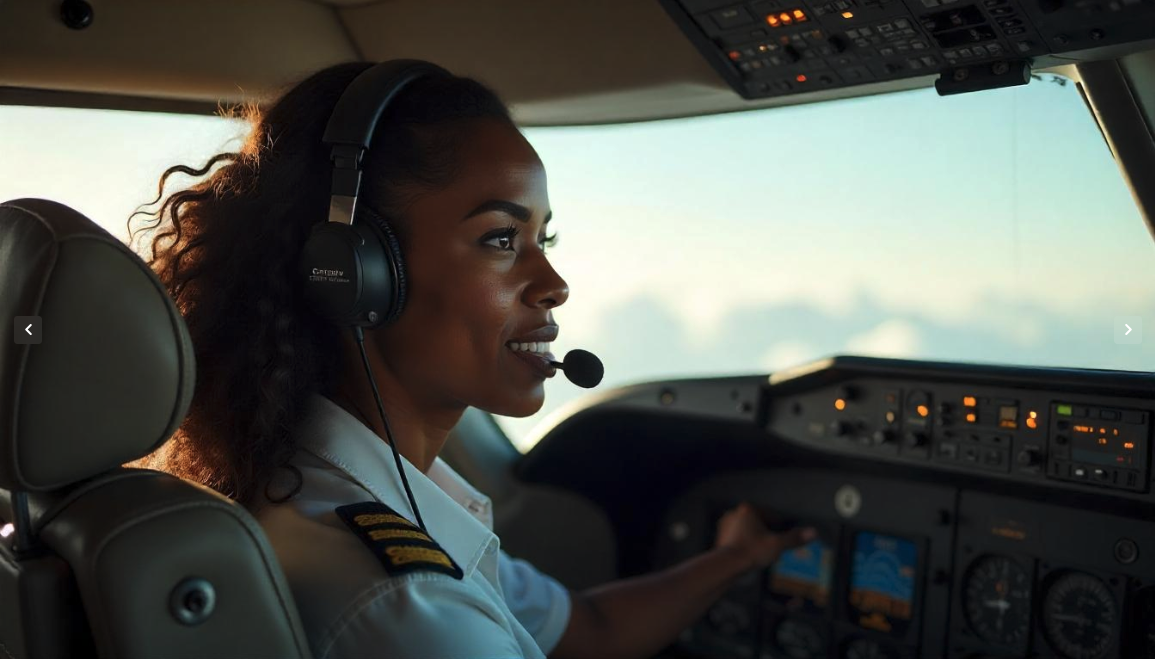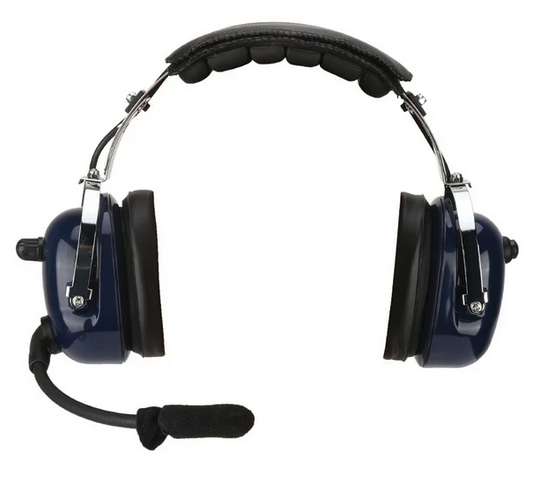You probably know the spiel by heart.
Good afternoon everyone, this is Captain Jamie Rodgers and I’m here in the cockpit with your co-pilot Chris Matthews. We’re currently cruising at an altitude of 33,000 feet at an airspeed of 400 miles per hour. The weather looks good and with the tailwind on our side we’re expecting to land in New York about fifteen minutes ahead of schedule. If the weather cooperates we should get a great view of the city as we descend. Until then, sit back, relax and enjoy the rest of the flight.
Except the announcement from Captain Rodgers is probably a whole lot more muffled and garbled than that, and you have to strain to understand what they’re saying. Because it sounds something like this:
@the_mannii Based on a True Story 🤭 #themannii #unbanthemanniishow #freecomedy
Why Are Plane Announcements So Difficult to Understand?

Nick Broste is an audio engineer and musician who, according to his website, has engineered hundreds of recordings. So, he understands the science of sound.
Thrillist recently interviewed Broste, and he explained the various reasons why the captains’ announcements sound like they do.
Equipment age
Sure, when the latest Airbus or Boeing is released, everyone writes about it. However, the bottom line is that some commercial aircraft are 20, 25, or 30 years old (if not more. Delta has a 767-200 that’s close to 35 years old). And although airlines periodically refresh the cabin (especially to clean and refurbish those nasty seats. Here’s how they do it), equipment in the cockpit really isn’t fixed or replaced unless it’s broken. And let’s face it: microphones just weren’t made the same way they are nowadays. So old equipment isn’t going to sound as good.
In addition, retired airline captain John Cox says that pilots can barely hear themselves on the public address (PA) system. So even if it sounds bad, the pilot can’t tell, so they never report a problem with their microphone.
Equipment quality

The goal of airlines is to keep everything as light as possible. So whatever microphone they install in the cockpit isn’t going to be chosen for its quality of sound as much as how little it weighs. The same goes for the speakers on the plane.
The frequency
Even if the microphones aren’t the best quality, they’ve been made so they’re the easiest to hear. From Thrillist:
“They’re optimized to pick up the kind of frequency range that people hear the best for letters, numbers, call signs, and warnings,” Broste said, adding that that specific frequency is pretty narrow. “That’s why there’s no low-end because of all the background noise of the plane and the cockpit. There’s a bunch of things going on and the signal will be very compressed.” That’s why it sounds so distorted.
The background noise
Did you catch Broste’s mention of background noise? That’s another issue. Even though the sound of the plane motor acts as white noise, it’s still there and makes the announcement more difficult to hear/understand than if there was no background noise.
User error
In the video above, the person puts the microphone in their mouth. That’s probably not 100% accurate ;-), but with ANY microphone, if it’s too close to your mouth, it will sound distorted. If the pilot making the announcement is using the microphone attached to their headset and the microphone is “this close” to their mouth, it’s not going to be a clear announcement. If it’s kept an inch or two away from the mouth, the announcement will be clearer.
Want to comment on this post? Great! Read this first to help ensure it gets approved.
Want to sponsor a post, write something for Your Mileage May Vary, or put ads on our site? Click here for more info.
Like this post? Please share it! We have plenty more just like it and would love it if you decided to hang around and sign up to get emailed notifications of when we post.
Whether you’ve read our articles before or this is the first time you’re stopping by, we’re really glad you’re here and hope you come back to visit again!
This post first appeared on Your Mileage May Vary
